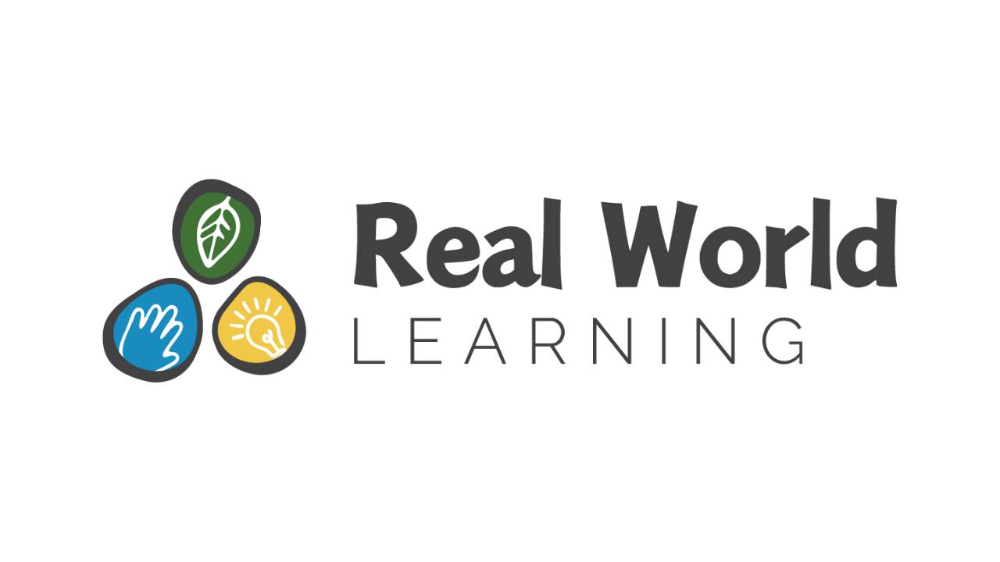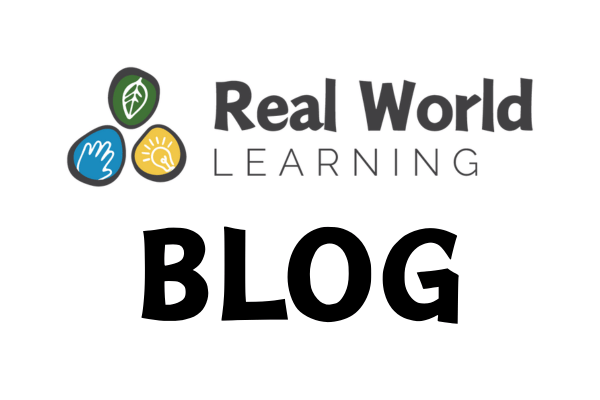Embedding Sustainability Principles & Practice

You’ve probably checked out the revised Early Years Learning Framework by now, even if this isn’t the Learning Framework you work under it appears to be driving change and setting the tone for the other Frameworks that are due for an update in the next little while. So it’s good to have an understanding of the direction its heading and the changes being made.
From a sustainability perspective there’s lots to be excited about! 🎉🎉🎉
Sustainability has been identified as a new Principle which means it should underpin your program and practice. That's a big shift. An important shift. And I’m all about it! 🌏
The thing that makes it easier is that they have also expanded the definition of sustainability. Sustainability is now defined as:
Seeking to meet the needs of the present generation without compromising the needs of future generations. This definition is derived from the United Nations Bruntland Commission Report from 1987. It’s by no means a new idea. I have also heard it similarly described as “Enough for all Forever” - which is potentially a more child friendly version…
The other big shift was in the recognition that contemporary understandings of sustainability span environmental, social & economic dimensions. 🙌
Yes you read that right, it’s not all about the green stuff. It’s not just worm farms, recycling and compost.
The Framework also recognises that these 3 dimensions are intertwined and interconnected.🕸
We need to be addressing all three dimensions, and making positive impacts across all three.
That might sound difficult and complicated, but in the real world, it’s harder to separate them than look at them as integrated concepts. You just need to look at things a bit differently. Yes, it might take a bit of practice, but identifying the connections means that one project, activity, or decision can provide multiple benefits and opportunities. Win Win!
Environmental sustainability focuses on caring for our natural world and protecting, preserving and improving the environment. This is still the fundamental piece in my mind, simply because if we don’t have a sustainable natural environment we won’t survive.
We’ve just seen the hottest month ever recorded based on average worldwide temperatures (Scientific American, ret 28/7/2023). Humans, our agricultural systems, and many of our natural systems will be unable to survive in these kinds of conditions. And this is just the beginning… 🥵🌡
So, protection of our natural systems and biodiversity is incredibly important…
Social sustainability is about inclusion and living peacefully, fairly and respectfully together in resilient local and global communities. This is how we interact with each other. Think about all you do in your current program and practice in this domain. I’m sure there’s a lot. Everything to do with inclusion, diversity, connections and partnerships.
Recognising and advocating for children as active and engaged citizens with valuable contributions to make is extremely important at both a local and global scale.
Our community exists both locally and globally as we become more connected. Sustainability issues are often global in scale and we need to recognise that as global citizens we have global responsibilities as well as locals with local responsibility. There are often ways to think globally and act locally - Check out this Blog if this is something you’re keen to know more about.
Cultural responsiveness would also fit in this domain, however I like to include culture explicitly. Our culture, whether it is first nations culture, cultures represented in your community or the culture of your organisation - all have a profound influence on how we see ourselves and the world around us. It impacts our decision making and shapes our values.
Economic sustainability refers to practices that support economic development without negatively impacting the other dimensions. This includes a focus on fair and equitable access to resources, conserving resources, and reducing consumption and waste.
The economic domain also includes the sharing economy, volunteering and how we support local and global economies though our purchasing decisions. Improving children’s financial literacy is an important life skill that can start in early childhood.
Identifying and understanding how these domains are connected and impact each other is a skill educators will need to develop.
Children are fascinated by the world around them and are keen to engage with sustainability themes and concepts. It is important for us to provide opportunities for them to contribute as active citizens and influence decisions that affect them - and decisions which impact the sustainability of our planet will impact children more significantly than anyone else.
We need to model positive sustainability attitudes, behaviour, thinking and language - especially around young children.
We need to be optimistic about the opportunities living, working and playing sustainably brings, and show children they can make a difference, and what they do matters.
So this is your challenge… to embed sustainability principles in your program and practice. If this is something you’d like some guidance or support with, join me this month for a free Masterclass - 5 Steps to Embedding Sustainability Principles & Practice.
Keep an eye on your inbox for details or if you’re not on our mail list you can join here to find out when registrations open.
Next Gen Sustainability is Here!
Sustainability Made Simple.
The Next Gen Sustainability Program Makes Integrating Sustainable Practices Across Your Early Childhood Education and Care Setting Engaging and Effective.
Create a learning environment where children develop a deep connection to nature, an understanding of their role in protecting the planet, and the skills to make responsible choices as global citizens for sustainability.
Embedding sustainability is more than just another box to tick—it’s the key to creating a lasting impact for our children, your team and community.
But where do you start? How do you make sustainability practical, meaningful, and engaging?
The Next Gen Sustainability Program will guide you through a proven process that engages others, builds knowledge, inspires action and creates impact. The Program is customised to meet the specific needs and goals of your Service.



